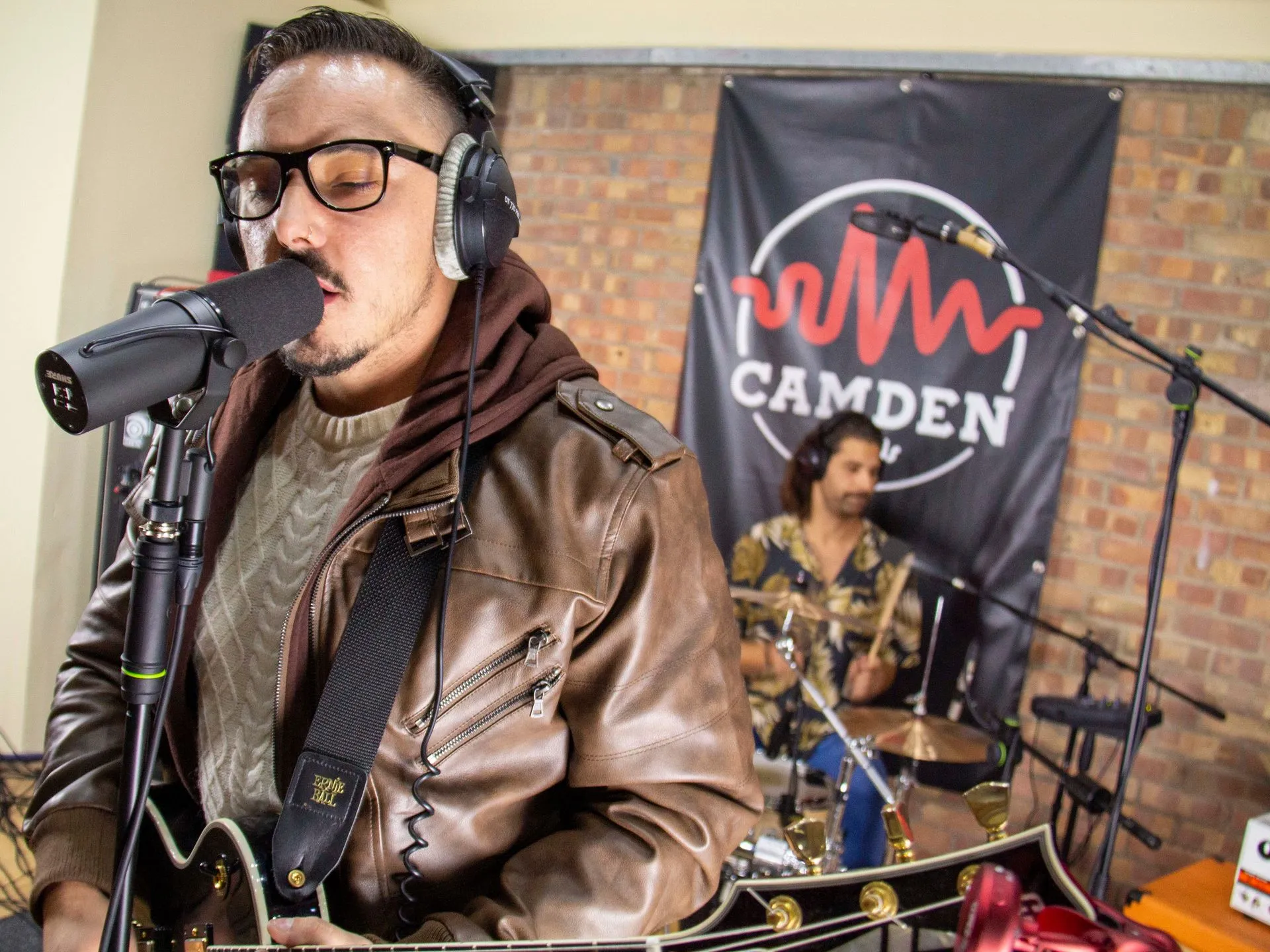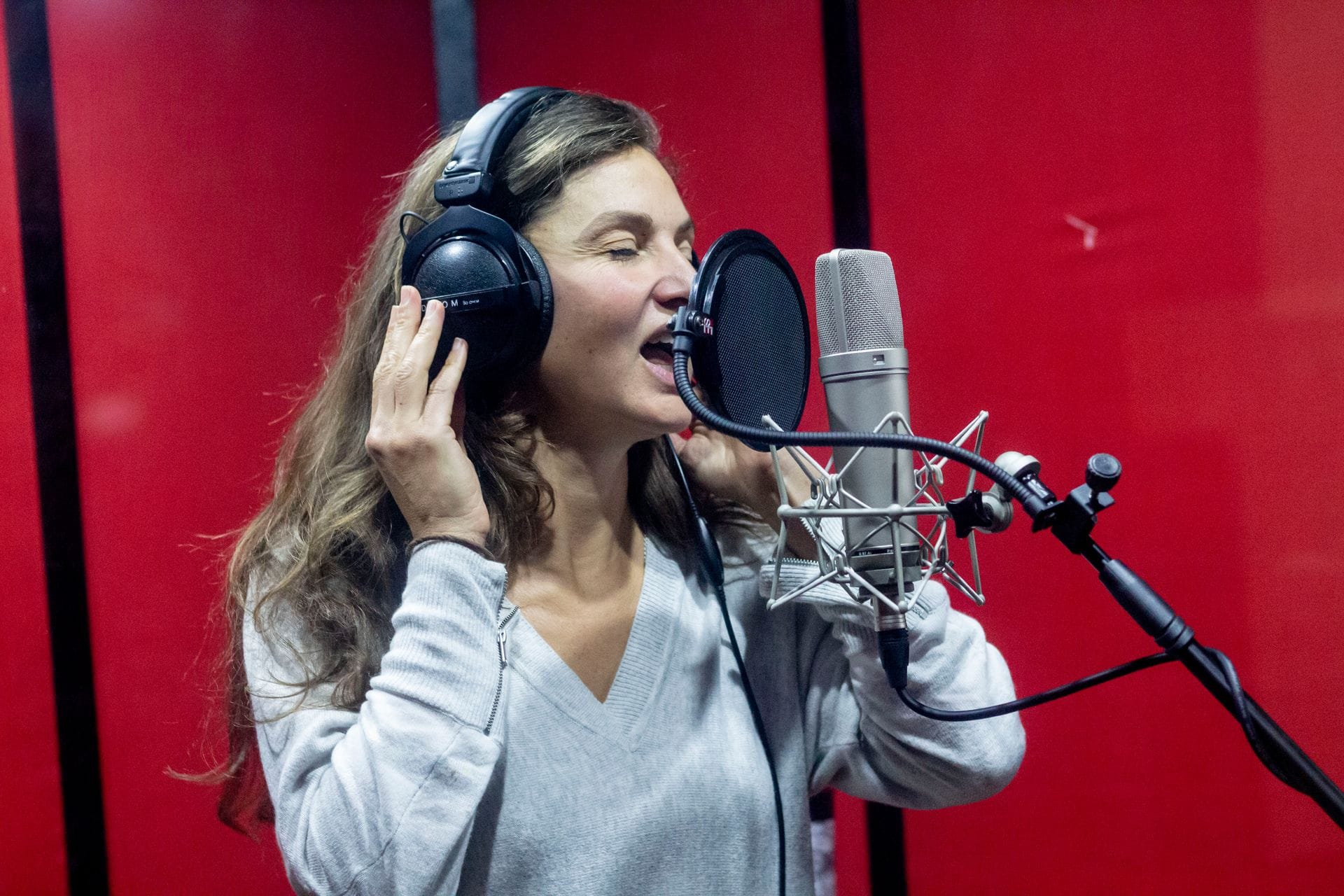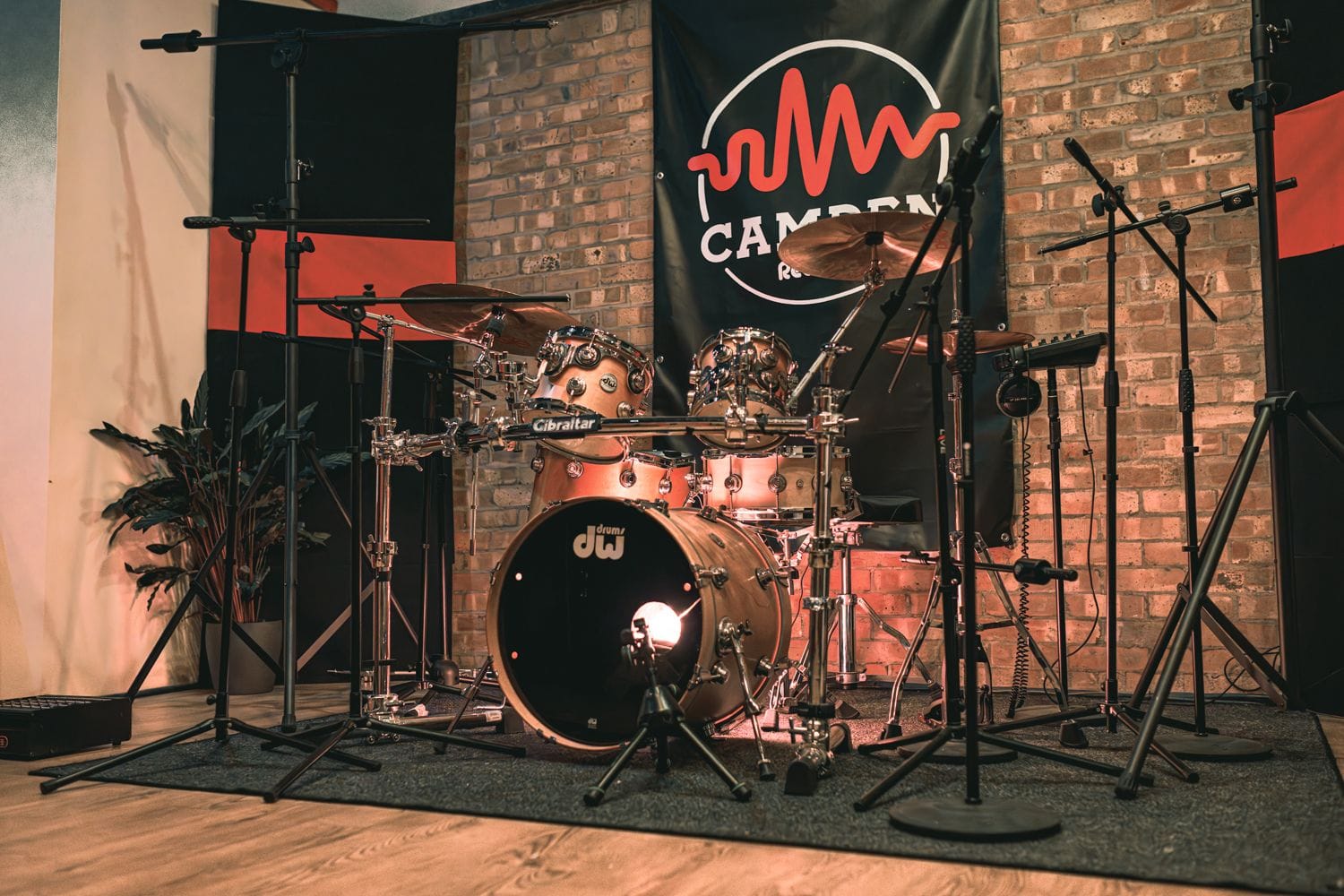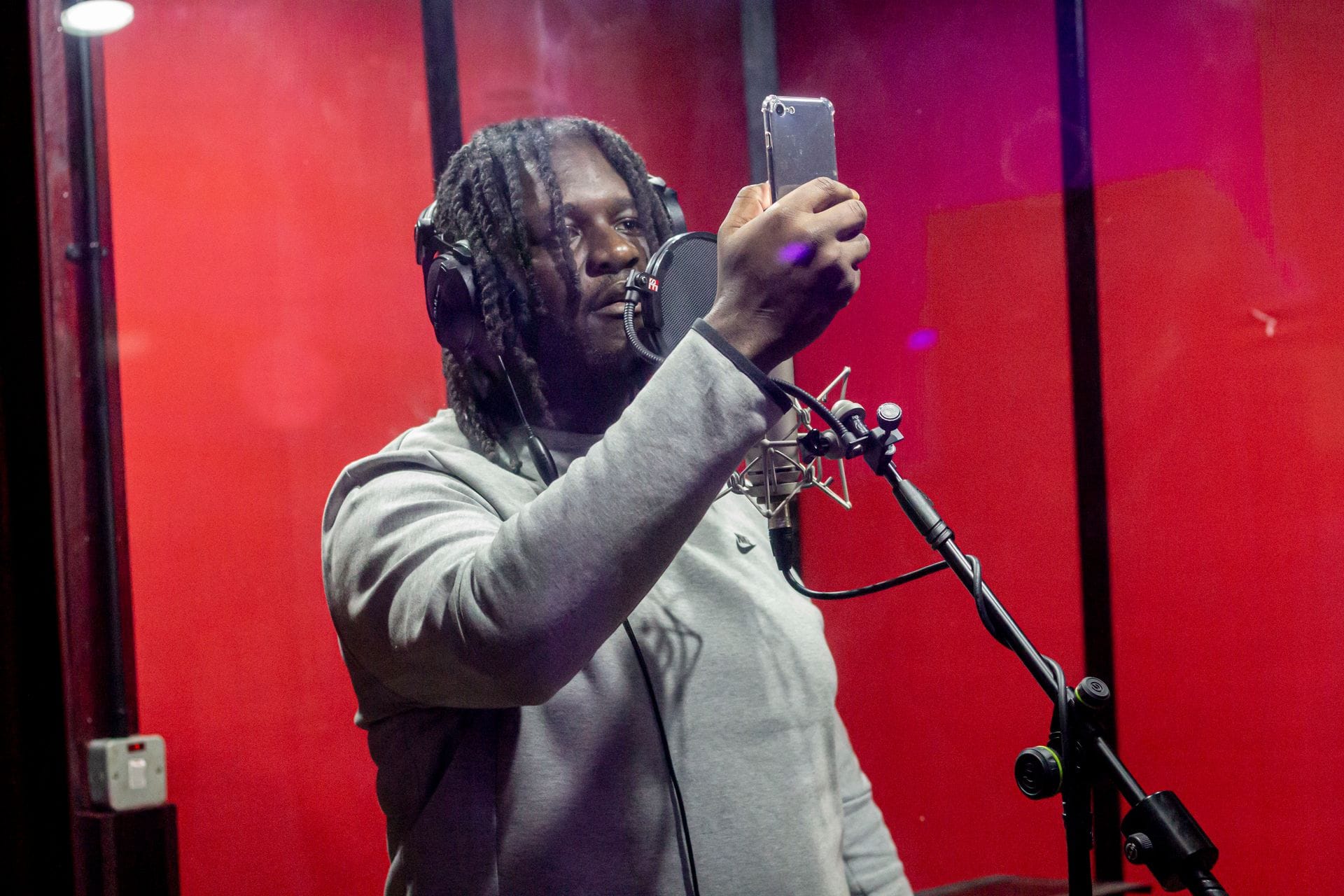Registering your song in the UK to protect your music rights.
Registering your song is a crucial step for any musician looking to protect their music rights and ensure they receive royalties for their work. The process, while straightforward, requires attention to detail and understanding of the organisations involved.
Here’s your guide to navigating the registration landscape in the UK, ensuring your music is protected and monetised correctly.
Step 1: Understanding Copyright Law
In the UK, copyright in a song is automatically granted upon creation, provided the work is original and has been fixed in a tangible form. However, to enforce this copyright and receive royalties, registration with the relevant bodies is essential.
Step 2: PRS for Music
PRS for Music is the leading society in the UK and is made up both PRS and MCPS, each dedicated to safeguarding that writers and publishers receive fair compensation for their contributions. However, they focus their efforts on distinct segments of the industry. To fully safeguard and collect all your royalties, registration with both societies is necessary.
Step 3: PRS Membership
The Performing Right Society (PRS) collects and distributes royalties on behalf of songwriters, composers, and music publishers for live performances, TV or radio broadcasts, public play, online streaming, and film usage. The process to register an account involves filling out an application on their website, paying a one-time membership fee, and submitting your music details.
Step 4: MCPS Membership
The Mechanical Copyright Protection Society (MCPS) manages the collection and payout of mechanical royalties for its members, focusing on works commercially released on CDs, DVDs, or LPs, as well as those are recorded and used by radio/TV programs, audiovisual productions, and multimedia productions and any other works with an online use apart from streaming (which belongs to PRS). Registering involves completing an online form, paying a one-time fee, and submitting music details.
Step 5: Registering Your Work
Once a member of PRS (and MCPS, if applicable), you can register your songs through their online system. This will require detailed information about your work, including titles, writer credits, and any publishers involved. It’s crucial to provide accurate information to avoid future disputes or missed royalties.
Step 6: Keep Records and Stay Updated
After registering your song, keep detailed records of your registrations and monitor your royalty statements. PRS and MCPS provide online portals where you can track earnings and update song details if necessary.
Benefits of Registration
By registering your song, you’re not just protecting your work; you’re also opening up avenues for earning royalties from live performances, radio play, streaming, and physical sales. Registration ensures you are fairly compensated for the use of your music.
Should I join PRS, MCPS, or both?
Join PRS when your music is either broadcast on TV/radio/online or performed live. Join MCPS when your music is released by a record company, downloaded or reproduced onto a CD, DVD or LP. If your music meets both criteria, joining both PRS and MCPS is advised.
Conclusion
Registering your song in the UK might seem daunting at first, but by following these steps and understanding the importance of each, you can ensure your music is protected and monetised properly. Remember, the music industry is complex, and staying informed about your rights and the latest developments is key to managing your music career effectively.






